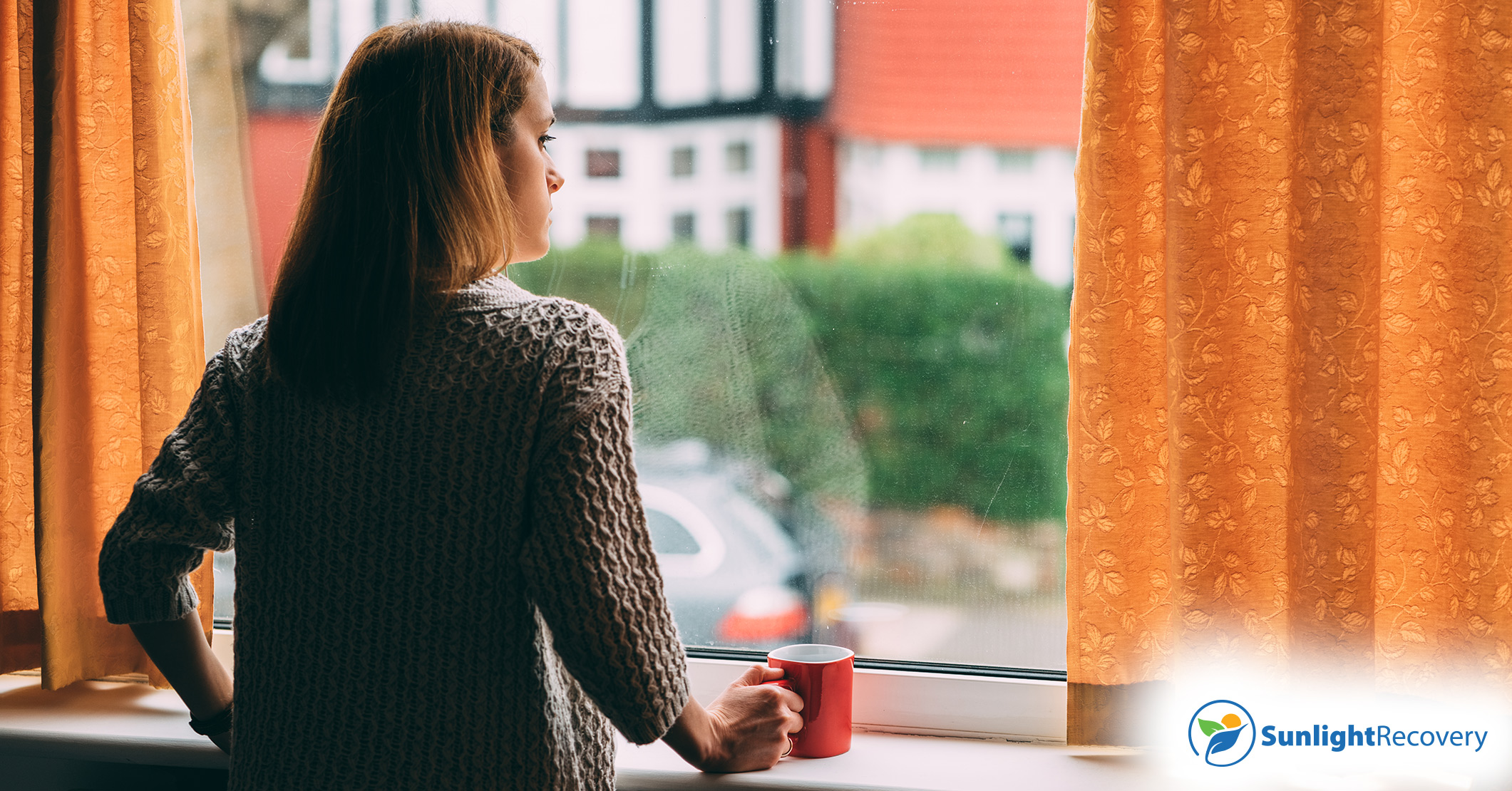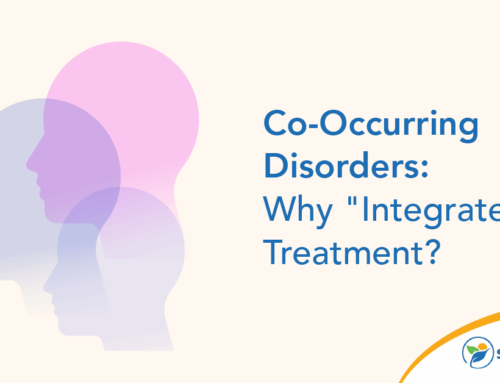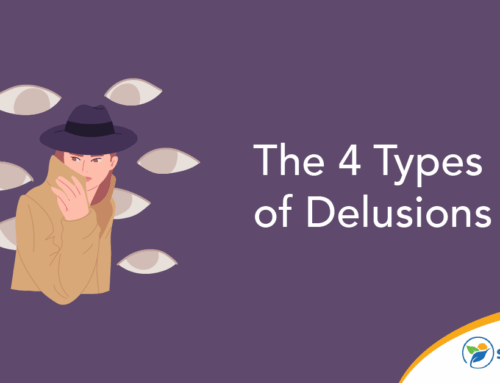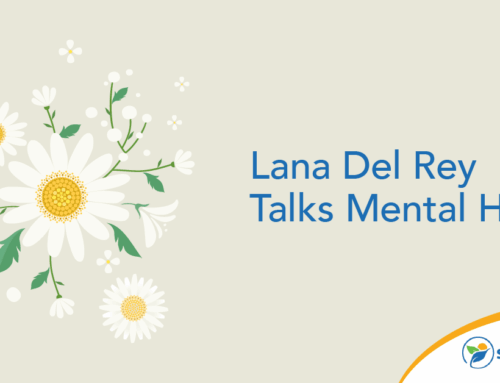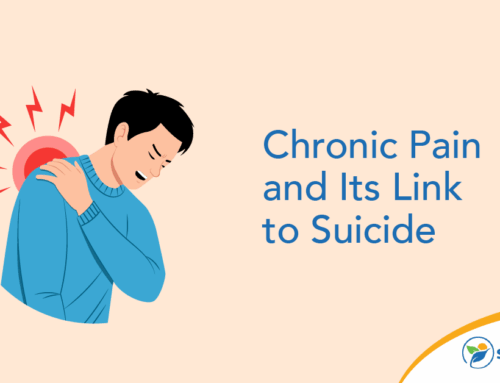Loneliness is becoming prevalent in modern society. In the aftermath of a global pandemic and an increasingly digital world, more people feel socially disconnected. According to a recent Gallup poll, about 24% of the world feels very or fairly lonely, with the highest rates reported among individuals aged 19 to 29.
Human beings are social creatures and aren’t meant to experience life alone. Persistent loneliness can result in long-term physical and mental health risks, emphasizing the need for meaningful social connections and healthy coping strategies. Explore the mental health risks of social isolation and loneliness survival tips to improve your mood and well-being.
How Loneliness Impacts Mental Health
Loneliness refers to feeling alone or disconnected from others. It results from a perceived lack of close or meaningful relationships or a sense of belonging. This means you can feel lonely even if you have friends or family who live close by.
Feelings of loneliness aren’t always taken seriously, even though research shows they activate the same brain areas that respond to physical pain. Loneliness is also associated with poor mental health. For example, social withdrawal can be a symptom of an underlying mental health condition or a trigger that causes one. Mental health issues commonly associated with loneliness include:
- Depression
- Anxiety
- Substance abuse
- Psychosis
- Suicidal attempts or ideation
- Self-harming behaviors
Several factors can contribute to loneliness, including living alone, losing a job, having a disability or chronic condition and lacking access to resources, such as transportation or money.
Loneliness Survival Tips: How to Cope With Social Isolation
Everyone feels lonely sometimes. It’s normal to feel socially disconnected if you’ve undergone a major life change recently, such as graduating from college or becoming a parent.
It may take time to adjust to the transition and form new relationships or learn how to navigate current relationships in a different landscape. However, poor mental health can make it difficult to feel motivated to improve your relationships. At the same time, lacking social connections can negatively affect your mental health, creating a seemingly never-ending cycle.
Coping with loneliness can be challenging, but it isn’t impossible. The following loneliness survival tips can help you build meaningful relationships and boost your mood and well-being.
Overcoming Loneliness: Building Meaningful Social Connections
The first step in overcoming loneliness is acknowledging how you feel and how it’s impacting your life. Reach out to friends or family and tell them you’re feeling lonely. They may not know you’ve been struggling and can offer advice or arrange to meet up. If you don’t have loved ones who live nearby, consider branching out and forming new relationships.
Meeting new people can be daunting or anxiety-inducing, but it can also result in meaningful connections based on mutual interests or hobbies. Here are some ways to meet new people in your community:
- Seek volunteer opportunities. Volunteering can help you make friends and form connections based on a shared interest in helping others. Look for opportunities in your town or neighborhood at animal shelters, schools, soup kitchens, hospitals or nursing homes. Contributing to a good cause can also reduce feelings of stress or depression and boost your mood.
- Join a club. Depending on where you live, your town may offer groups or clubs for varying interests and hobbies to help residents connect. Check community resources, including recreational centers, libraries, cultural or art centers and local museums, to see what piques your interest.
- Attend community events. Many community resources that offer clubs may also host free or low-cost events, including socials, live performances or guest speakers. Check online for event schedules or around town for flyers posted in local businesses.
- Search online. Spending too much time online can increase loneliness, but the internet can help pinpoint in-person opportunities. Look for local groups or events on social media that host in-person meetups to attend. Connecting with people online first can also alleviate anxiety about meeting them in real life.
Practicing Self-Care: Boosting Your Mood and Well-Being
Learning how to enjoy your own company and make the most of your time alone can also improve your overall mood and well-being. If you’ve been interested in pursuing a new hobby or switching up your daily routine, consider these solo self-care activities to reduce loneliness and poor mental health:
- Exercising. Physical activity can trigger endorphins in the brain that elevate mood. Look for online or in-person exercise classes to invest in your health and build connections in the fitness community.
- Going outside. Get outside to enjoy the fresh air and spend time in nature. Consider establishing a daily walking routine, starting a garden or visiting local parks.
- Getting a pet. Pets provide humans with companionship and a sense of purpose, which can reduce loneliness. Try volunteering at an animal shelter if you aren’t sure whether you’re up for the responsibility.
- Trying new recipes. You likely cook in some capacity most days. Make the task more exciting by trying new recipes or different variations of your favorite meals. Using healthy ingredients can enhance your physical and mental health, which may reduce feelings of loneliness.
- Engaging in soothing activities. Everyone has a comfort activity that brings them peace, joy and relaxation. Try reading a book, listening to music, painting, drawing or watching a favorite movie or series. These activities can reduce stress and help you form connections with others who enjoy them.
- Writing or journaling. Writing can help you process emotions or feelings and identify where your loneliness stems from. This can illuminate whether your feelings are short-term or part of a larger problem.
Seek Professional Help for Loneliness Management Strategies
If feelings of loneliness persist and disrupt your daily functioning, talking to a therapist can help. Therapy focuses on helping you process emotions, identify triggers and understand the root cause of your mental health struggles. A therapist can also help you learn loneliness management strategies to integrate into your daily life and sustain your mental well-being long-term.
Sunlight Recovery offers services, including therapy and medication, for a range of mental health conditions. If you aren’t sure what you need, reach out today. Our team is available 24-7 to answer your questions and help you take the next step toward a more fulfilling life.


